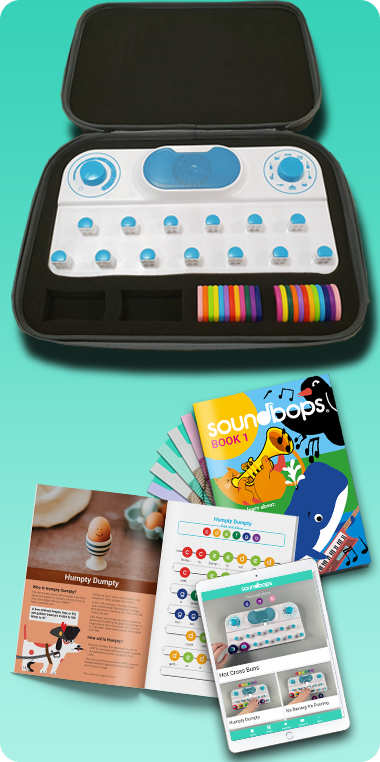Why Music is Important
There is substantial evidence that learning to play music both enhances processing skills and benefits other cognitive abilities.
Musical skills have been shown to have a positive impact on language development, literacy, numeracy, intelligence, general attainment, creativity, fine motor co-ordination, concentration, self-confidence, emotional sensitivity, social skills, team work, self-discipline and relaxation.
Creativity
Studies of the effects of musical involvement among primary school pupils have shown significant increases in both creativity and in perceptual motor skills. These children scored higher than controls on transferable creativity, had higher levels of abstraction, and showed greater creativity in improvised play. They also demonstrated better motor development.
Language
When we listen to music or speech we rapidly and unconsciously process a huge volume of information. The ease with which we do this depends on prior musical and linguistic experience. This knowledge is learned through exposure to music and speech, and is automatically applied whenever we listen to music or speech. Speech and music share some processing systems. So, musical experiences enhance processing and have an impact on the perception of language which in turn impacts on reading.
Reading
The role of music in facilitating language skills contributes markedly to the development of readingskills. An early study found that the mean reading comprehension scores of participants increased while those of the control group did not. Phonological awareness is linked to early reading skills in 4-5 year olds and relationships have been found between tonal memory and reading age.
Collaboration
Studies in the UK with instrumental teachers working in schools reported considerable benefits of learning to play an instrument including the development of social skills; gaining a lifelong love and enjoyment of music; developing effective team-work; developing a sense of achievement, confidence and self-discipline; and developing physical co-ordination.
Confidence
Studies have shown that students who participate in musical activities talk more with parents and teachers. These social benefits are likely to lead to higher self-esteem, in turn leading to increased motivation and self-efficacy.
Co-ordination
Studies have found that physical co-ordination and motor skills improved when children participated in a music programme involving rhythm. It measurably improved pre-schoolers' motor performance. There is also evidence that learning to play an instrument improves fine motor skills.
Share the joy of music!
High Tech Instrument
The Soundbops App
Access to the fastest developing music learning app on the market, with videos, learning activities and much, much more.
Fun-Packed Books
Award-Winning
We've received accolades from the Royal Academy of Engineering, the Royal Society of Edinburgh, Deutsche Bank and Beazley Designs of the Year 2020. You can see us at the Design Museum in London.
Give the Gift of Music
Join the growing band of families embarking on their musical journey together. Learn to play music the easiest way.



